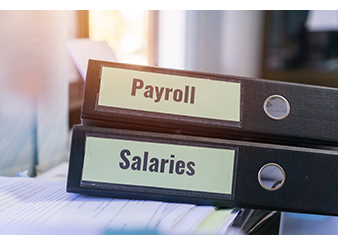If you or your business received funds from the Paycheck Protection Program (PPP), the recently passed Emergency Coronavirus Relief Act of 2020 will help to dramatically cut your tax bill. Here’s what you need to know.
Background
 The PPP program was created by the CARES Act in March 2020 to help businesses which were adversely affected by the COVID-19 pandemic. Qualified businesses could apply for and receive loans of up to $10 million. Loan proceeds could be used to pay for certain expenses incurred by a business, including salaries and wages, other employee benefits, rent and utilities.
The PPP program was created by the CARES Act in March 2020 to help businesses which were adversely affected by the COVID-19 pandemic. Qualified businesses could apply for and receive loans of up to $10 million. Loan proceeds could be used to pay for certain expenses incurred by a business, including salaries and wages, other employee benefits, rent and utilities.
If the business used at least 60% of loan proceeds towards payroll expenses, the entire amount of the loan would be forgiven.
The Dilemma
While the CARES Act spelled out that a business’s forgiven PPP loan would not be considered taxable income, the legislation was silent about how to treat expenses paid for using PPP loan proceeds if the loan was ultimately forgiven.
Congress intended for these expenses to be deductible for federal tax purposes. But since the legislation was silent on this issue, the IRS swooped in and deemed these expenses to be nondeductible.
There was considerable debate over the latter half of 2020, with Congressional politicians explaining that their intent was that the expenses be deductible and the IRS responding “Too bad, they’re nondeductible.”
The Solution
Congress overruled the IRS’s position in the Emergency Coronavirus Relief Act of 2020. The legislation officially makes deductible for federal tax purposes all expenses paid for using proceeds from a forgiven PPP loan.
Stay tuned for updates as to how this new legislation affects your business.

